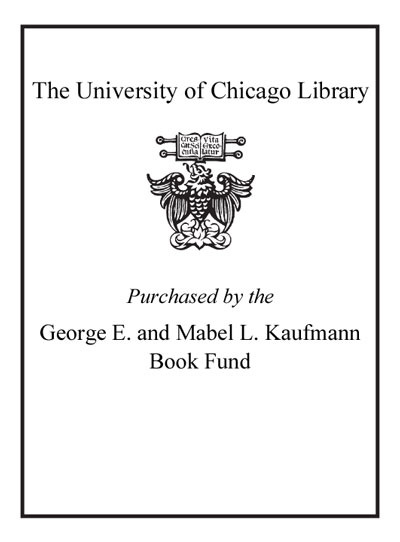| Summary: | The consequences of Germany's twelve-year Nazi regime continue to reverberate and to spark debate among scholars and the general public. In this volume leading scholars present provocative essays probing the nature, history, and aftermath of the Nazi regime, including its connections to the Federal Republic of Germany after the war. The essays address the nature of Nazism as reflected in contemporary perceptions of Nazi Germany in the United States; the origins and character of fascism; the many forms of antisemitism; German scholars' efforts to promote persecution in the Third Reich; the role of ethnic Germans in the anti-Jewish and anti-Slavic policies of the Reich; the actions of German police in the occupation of eastern Europe and in the Holocaust; Hitler's style of leadership; the nazification of the German military high comm∧ and the politics surrounding the memory of Nazism and the Holocaust after 1945. The Impact of Nazism employs diverse approaches, exploits a variety of new and long-available sources, and asks new questions, making clear the profound connections between the Nazis and the world that survived them.
|
|---|


